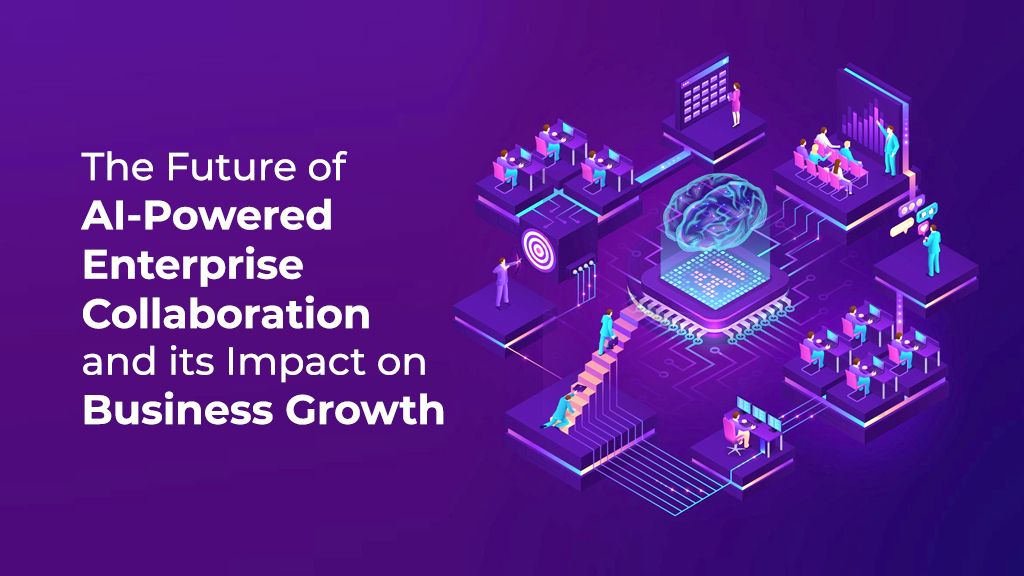
Introduction
Artificial Intelligence (AI) is no longer a futuristic concept; it has become an integral part of enterprise solutions, driving innovation and optimizing operations across industries. From automating repetitive tasks to enhancing decision-making processes, AI is reshaping how businesses operate and compete in the digital era.
The Impact of AI on Business Operations
AI-powered tools are revolutionizing business operations by increasing efficiency, reducing human error, and enabling scalability. Key applications include:
- Process Automation: Automating routine tasks like data entry, invoice processing, and customer support through AI-driven bots and RPA (Robotic Process Automation).
- Predictive Analytics: Leveraging AI algorithms to analyze historical data and predict future trends, helping businesses make proactive decisions.
- Enhanced Customer Experience: AI chatbots and virtual assistants provide 24/7 support, personalized recommendations, and faster response times.
- Supply Chain Optimization: AI helps in demand forecasting, inventory management, and logistics planning, resulting in cost savings and improved delivery timelines.
AI in Decision-Making Processes
AI enhances decision-making by providing data-driven insights, identifying patterns, and suggesting optimal solutions. Enterprises are leveraging AI for:
- Real-time Data Analysis: AI systems analyze vast amounts of data in real-time, enabling faster and more accurate business decisions.
- Risk Management: Predictive models help in assessing potential risks and suggesting mitigation strategies.
- Strategic Planning: AI tools assist in market analysis, competitor research, and strategic forecasting.
Future Trends of AI in Enterprises
As AI technologies continue to evolve, several trends are shaping the future of enterprise solutions:
- AI and IoT Integration: The convergence of AI with Internet of Things (IoT) devices will enable smarter operations and predictive maintenance.
- AI-driven Cybersecurity: Advanced AI models will proactively detect and prevent cyber threats, ensuring robust enterprise security.
- Hyperautomation: Combining AI, RPA, and machine learning to automate complex business processes end-to-end.
- AI Ethics and Governance: Enterprises will focus on developing ethical AI frameworks to ensure transparency, fairness, and accountability.
Challenges in AI Adoption
Despite its potential, AI adoption in enterprises faces several challenges:
- Data Privacy Concerns: Ensuring the protection of sensitive data while leveraging AI capabilities.
- Integration Complexity: Seamlessly integrating AI solutions with existing IT infrastructure.
- Skill Gap: Addressing the shortage of skilled AI professionals within organizations.
- Cost of Implementation: High initial investment and ROI uncertainties for AI projects.
Conclusion
AI is undoubtedly transforming enterprise solutions, offering unprecedented opportunities for growth, efficiency, and innovation. As technology advances, businesses that strategically adopt and integrate AI will gain a significant competitive edge. However, addressing challenges related to ethics, integration, and skill development will be crucial for successful AI adoption.
By staying informed about the latest trends and investing in AI-driven strategies, enterprises can future-proof their operations and thrive in the ever-evolving digital landscape.